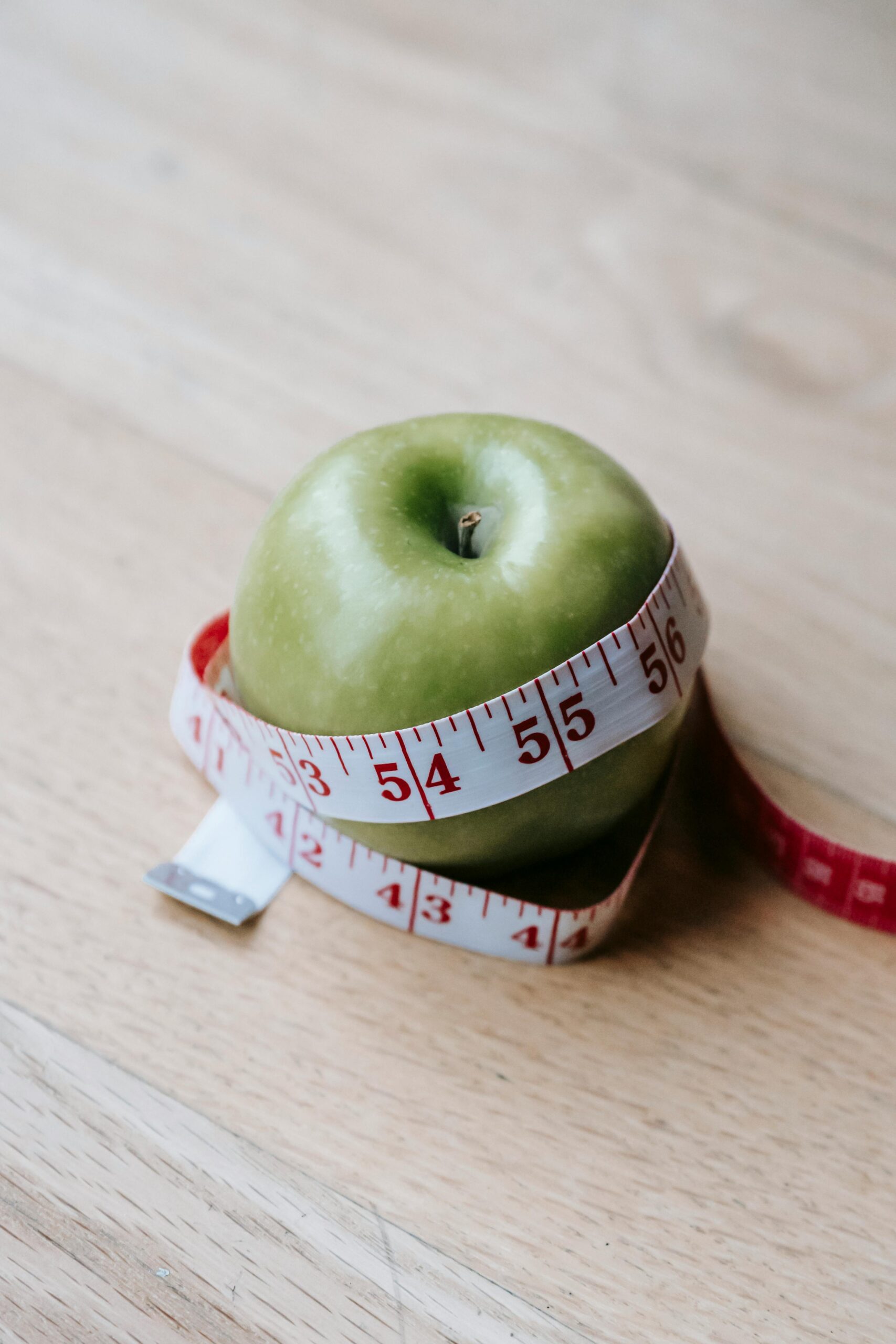I love and hate this time of year. The office is bustling with families coming in for their last-minute back-to-school checkups. It’s a delight to reunite with some of my older patients, whom I may not have seen since last year. It’s a joy to catch up with their sports, hobbies, and vacations and try to predict which sibling will be the tallest. It’s challenging to fit everyone into the schedule, and the staff and doctors are understandably tired. Of all that happens this time of year, the worst part is realizing how time has passed and how I have grown older.
Watching your children grow up is hard and makes you feel old. It’s worse with other people’s children. You see your family almost every day, so you don’t notice their incremental daily changes. The change is dramatic when you see children you haven’t seen for a year. After I examined a baby in the hospital for the first time, I blinked, and that child had started kindergarten, learned eight times seven, felt awkward in middle school, and is now driving. Suddenly, I’m sixteen years older. Thankfully, for the sake of my mental health, the joy of sharing my patients’ lives overcomes the angst of aging. Regardless, this time of year is a reminder that things constantly change. These patients will return next year and tell me about new adventures, accomplishments, and challenges that are only possibilities now because they haven’t happened and don’t exist. The future doesn’t exist. This short statement is simple yet complicated. Unpacking it helps us understand something important about our children and the future.
The present exists. The other day, I saw a T-shirt that said, “The Time is Now!” What a true statement. Right now, I am typing the words of this post on my computer. Ironically, right now, you are reading the words of this post. “Now” is a fascinating word. It always stands for the present that actually exists. Now, you have a relationship with your chair, the floor, the air in your lungs, and the people around you. Now, you feel hungry, sad, happy, tired, angry, contented, or sleepy. Now, you remember the past with varying degrees of detail and accuracy. And now, you anticipate the future with aspirations of what it may hold. However, now is transient. What is “now” will very soon be “past”.
The past remains in memory. It no longer exists like the present but isn’t completely gone. Our memories hold the past to varying degrees. I remember what I ate for dinner last night, but not what I had a month ago. I remember when our daughters cut their first teeth (thirteen and seven months) but not when the tooth fairy last visited them. I remember potty training and driving lessons, but not every diaper change or successful parking attempt. I remember my grandfather, how he held a screwdriver, and how he always treated people fairly. As a human community, we remember people who impacted the world, like Mother Teresa, Martin Luther King Jr., Albert Einstein, Thomas Edison, and Nelson Mandela. The past is remembered, doesn’t actually exist, yet informs the future.
The future doesn’t exist. It is a group of possibilities that will unfold in a particular way. “Now” becomes the past, and some future possibilities become the new “now.” The future depends on our decisions among possibilities and is influenced by our past and others. This year, my patient may run cross country because he has won past races, try out for the school play because his friend is into drama, befriend a less-popular classmate because his parents told him that others matter, and run for the student council because his teacher thinks of him as a leader. All of those options are available because the script is not written. The future does not exist.
The philosopher Robert Mesle summarizes, “You arise out of your past, out of your relationships with the whole world, and enjoy a momentary present that includes anticipation of future experiences.”1 Our children emerge from their past, the influence of their present relationships, and possibilities for the future. The past is written, and although it can’t be changed, children’s parents can interpret it in a way that points to health. Children have relationships in the present with God, their parents, and others that influence their future.
So, what does the philosophy of time have to do with our children and back-to-school checkup season? Maybe a lot. It means the school year is about to start with an unthinkable list of possibilities like new friends, challenges, ideas, hopes, and dreams. Our children can invite the “new kid” to sit with them at lunch. They can give slack to the cool kid who makes fun of their shoes. They can greet their mom with a hug, kiss, and “I love you” when she picks them up from school – or, more likely, not. Regardless of their choice, we love them. And God loves them, meeting them with the grace of new possibilities for the next “now” – the “anticipation of future experiences!”
The future doesn’t exist. Go and help create it!
1 Robert Mesle, Process-Relational Philosophy: An Introduction to Alfred North Whitehead (Philadelphia, PA: Templeton, 2008), 49.
photo: andres ayrton, pexels





0 Comments